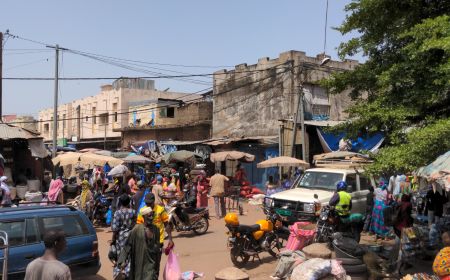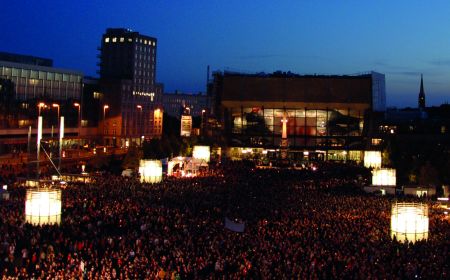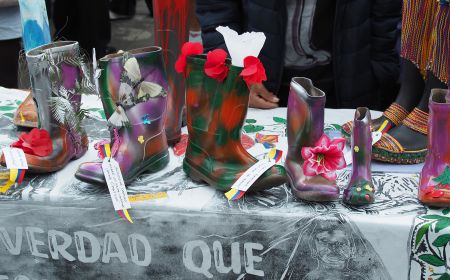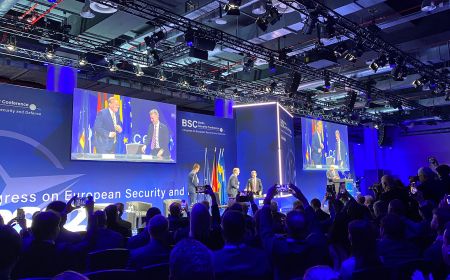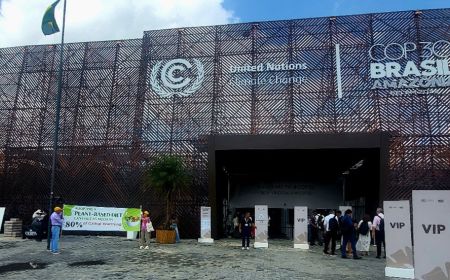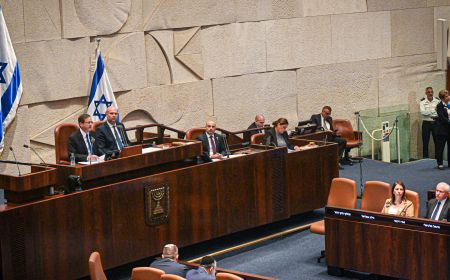Fading Memories of Hope and Empowerment? Why Remembrance of the Peaceful Revolution in Germany Matters and Needs to be Strengthened
Thirty-six years after the so-called Peaceful Revolution of 1989, the foundation stone for the Monument to Freedom and Unity was laid in Leipzig—a milestone in German commemorative culture. But as memories of the events fade, the once unifying narrative of the Peaceful Revolution as a success story is slowly beginning to crumble. Using survey data, this article examines knowledge and…


